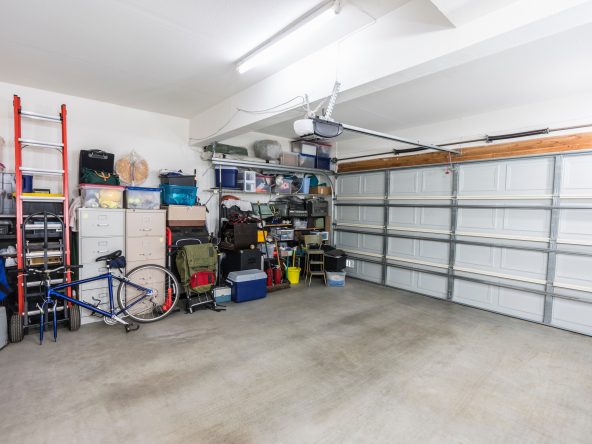You Ask, We Answer: Are Solar Panels Right for My Home?
With so many of us spending even more (and more!) time inside our homes this year, our utilities are getting quite a workout. From air conditioning to heating and what feels like never ending time spent streaming for work, school or for socializing, the four walls that contain our lives from waking to sleeping seem all the more precious—as do the services that make our daily existence a possibility. If all this time at home is causing your energy bills to spike, it may be time to consider solar panels for your home. Here’s how to know if solar panels make sense for your Connecticut home—and what you need to consider before you make the leap to this eco-friendly energy option.
Examine your energy bill
The most important first step to deciphering if solar panels make sense for your Connecticut home is to examine your energy bill. Aside from being an eco-friendly energy option, solar panels are appealing for their ability to save your money on your energy costs. Depending on where you live, your electric bill may be lower if, say, you’re served by Wallingford Electric Division than United Illuminating. To make your investment in solar panels worthwhile, your average energy bill should be no lower than $75 per month. That way, when solar replaces your utilities, you’ll see notable savings.
Know your roof type and age
Consider this: Solar panels have a shelf life of several decades. SunPower solar panels, for example, “have an expected useful life of
40 years.” If your roof is nearing the middle or end of its life, it doesn’t make sense to install solar panels only to have to worry about removing them for a roof repair or full replacement. Your roof should be in good condition with plenty of years left on its warranty to make your solar panel investment worthwhile.
Likewise, the type of roof you have on your home will help you decide if solar panels make sense for your home. According to SunPower, solar panel installations tend to work best on strong roofs with materials such as asphalt shingle, concrete tile, composite or standing seam metal. While it is possible to have solar panels installed on other types of roofs like slate tile or wood shake, finding a specialist who has installed panels on these types of roofs is key for success.
Think about how much light your home gets
How much sunlight does your home get? What direction does your home face? Believe it or not, your answers will help determine how much energy solar panels can capture and therefore, how much energy they’ll generate for you. Using a tool like
this one will help you discover if solar panels make sense for your Connecticut home, which ones will work best to capture whatever light is available and to source out your financing options for investing in a solar solution.
Consider Connecticut’s climate
Let’s face it: Connecticut’s weather is not to be confused with Denver’s; we do not have an overabundance of bright sunny days. Still, one of the reasons we love this New England gem is because of its changing seasons, right? Just because we’re not basking in sunshine does not mean we can’t enjoy the benefits of solar energy, which can be generated in all types of weather (hello, Seattle!).
But considering Connecticut’s climate is just as important as thinking about the direction your house faces, because you’ll want to know the durability rating of your solar panels. As with any investment for your home, due diligence is a must! Research, read reviews and ask your Calcagni Real Estate agent if they— or anyone they know—has any recommendations for a solar panel company, and what type of panels were used.
Check Connecticut’s incentives for solar energy
Last but not least, make sure to check
Connecticut’s incentives for solar energy. You may qualify for tax breaks on your solar panels. Coupled with the money you could potentially save on your energy bills, solar may just be the smartest home improvement investment you make in the coming years!




